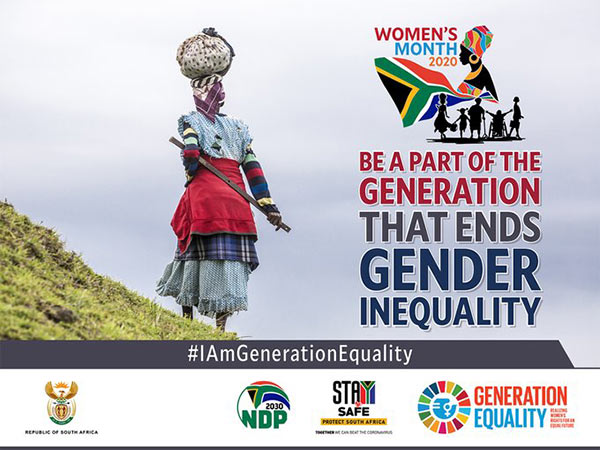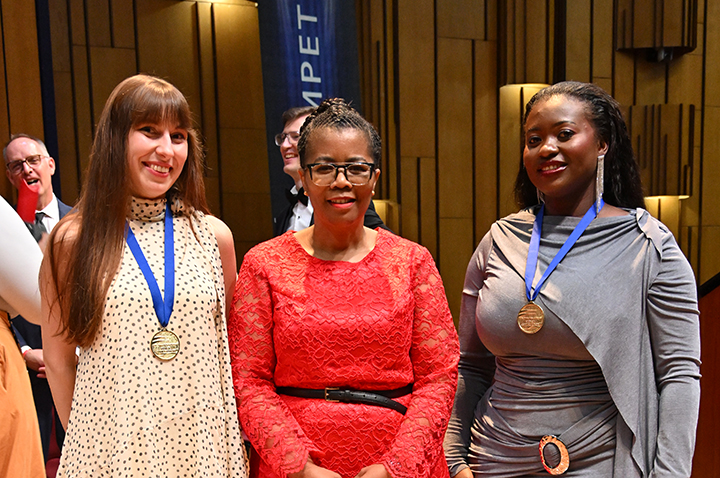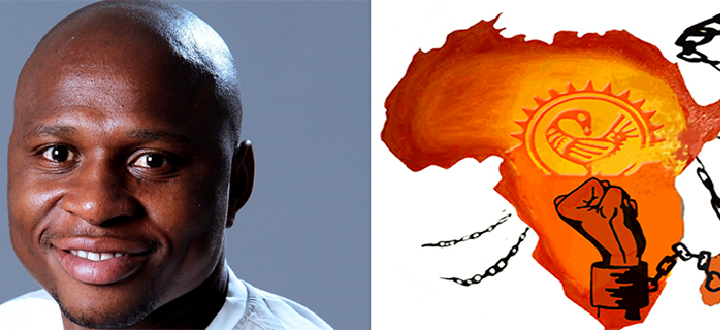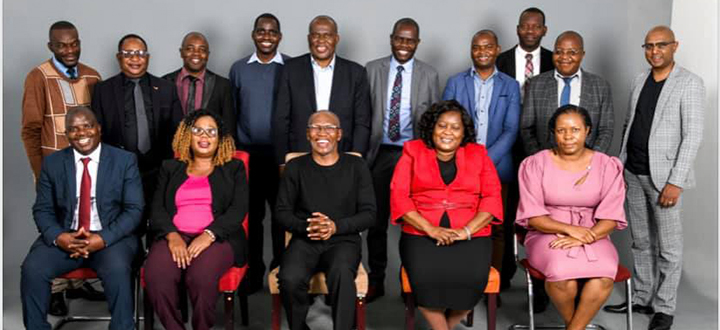
The largest provider of business education in Africa and one of the largest in the world

Dr Nthabiseng Violet Moraka (CoD: Business Management, CEMS) says that it is important to complete postgraduate studies as soon as one can. "Plan your career wisely and surround yourself with high performers. Be positive and stay away from negative spaces and people. Always stay humble and remember that it is a privilege to be a Unisan."
Climbing the academic ladder for Dr Nthabiseng Violet Moraka, a Business Management Chair of Department (CoD) from Unisa’s College of Economic and Management Sciences, was relatively natural. Starting at the bottom as a postgraduate student assistant exposed her to the nature of an academic environment. She mentions that an open, distance and e-learning (ODeL) environment was conducive for her learning and development along the way.
Having completed her doctorate at the age of 33, Moraka believes that Unisa is a good university to work for - a space with developmental initiatives, funding and growth opportunities. In 2011, she was a Young Academic Programme alumna. She explains: "The Young Academic Programme (YAP) made a huge impact on my career mapping and advancement. During the programme, I was exposed to various portfolios within this mega university and learned how they are integrated to achieve the very mission of Unisa. I met incredibly talented colleagues through the programme, some of whom I have formed long lasting relationships with."
Her research focuses on women in leadership and management positions in the African context. She questions an unequal society where women remain a minority in positions of power and influence in South Africa "even though equity is legislated through government policy and empirical research on women in leadership proves multiple benefits to organisations where women are better represented compared to those with poor representation," she says.
Moraka applies an African feminist lens by integrating a meso level approach that foregrounds the intersectionality of race and gender. "The use of an African feminist approach theorises the context of studying gender in relation to unique circumstances and in my research, traditionally male dominated occupations in post-colonial countries, which offers unique findings."
At the age of 35, Moraka leads one of the largest academic department at Unisa. "With over 80 000 students enrolled each year, there is always more work to be done but insufficient time to execute," she says. Though she thrives on the work overload, it is by far the most challenging thing to do. She adds that it is quite difficult to switch off from work as she finds herself working on weekends and after hours. "But I have realised that I cannot pour from an empty cup. Self-care is vital for me to perform productively and effectively."
Other things that keeps Moraka going these days are spending weekends with family or doing something that relieves her from the job. "I hope that my colleagues are following suit as their health is vital to be able to fulfil their roles. One of the challenges in the academic space is to change the culture of overworked to fulfilled and healthy employees."
As the department receives many queries daily, Moraka is thankful for the academic and administrative support in the department, with the staff showing commitment to ensure that students are supported consistently.
There is a longing to still be actively participating in the publishing and research game but then again a CoD’s roles leave little space for such other important activities. "But I always push myself to continue research work, which takes a great deal of time and effort," she says.
For Moraka to be where she is today as one of the young female leaders within the institution, she had to grab every opportunity to learn and improve herself. She notes that it is important to complete postgraduate studies as soon as one can. "Plan your career wisely and surround yourself with high performers. Be positive and stay away from negative spaces and people. Always stay humble and remember that it is a privilege to be a Unisan."
* By Lesego Ravhudzulo, Journalist, Department of Institutional Advancement
Publish date: 2020/08/20
 Unisa celebrates a project of hope, dignity and student success
Unisa celebrates a project of hope, dignity and student success
 Women vocalists take top honours at Unisa's globally renowned showcase
Women vocalists take top honours at Unisa's globally renowned showcase
 African wealth is dependent on investment in education and development
African wealth is dependent on investment in education and development
 Unisa celebrates matric result success at Correctional Services ceremony
Unisa celebrates matric result success at Correctional Services ceremony
 Unisa ICT Director recognised among acclaimed IT leaders
Unisa ICT Director recognised among acclaimed IT leaders